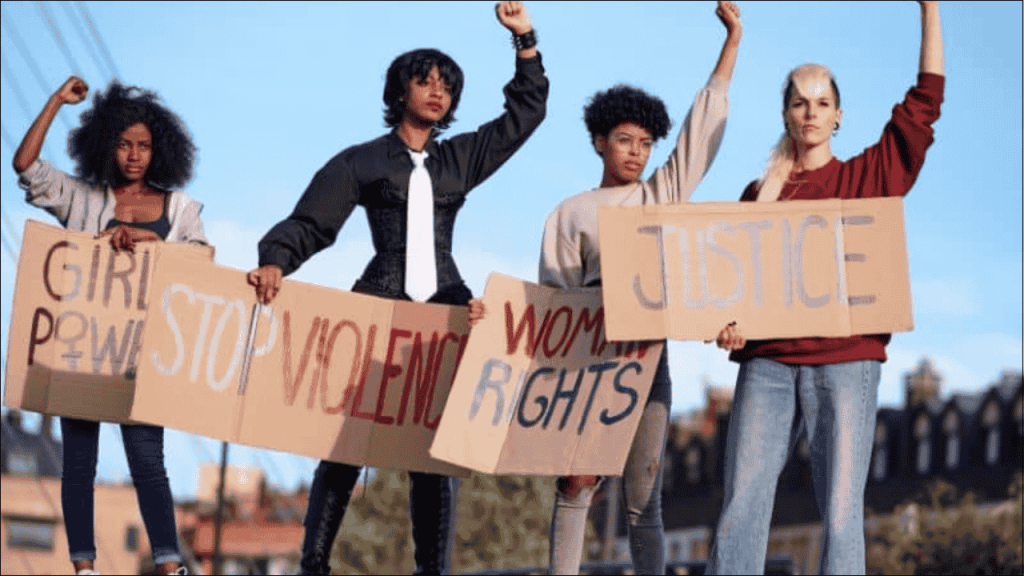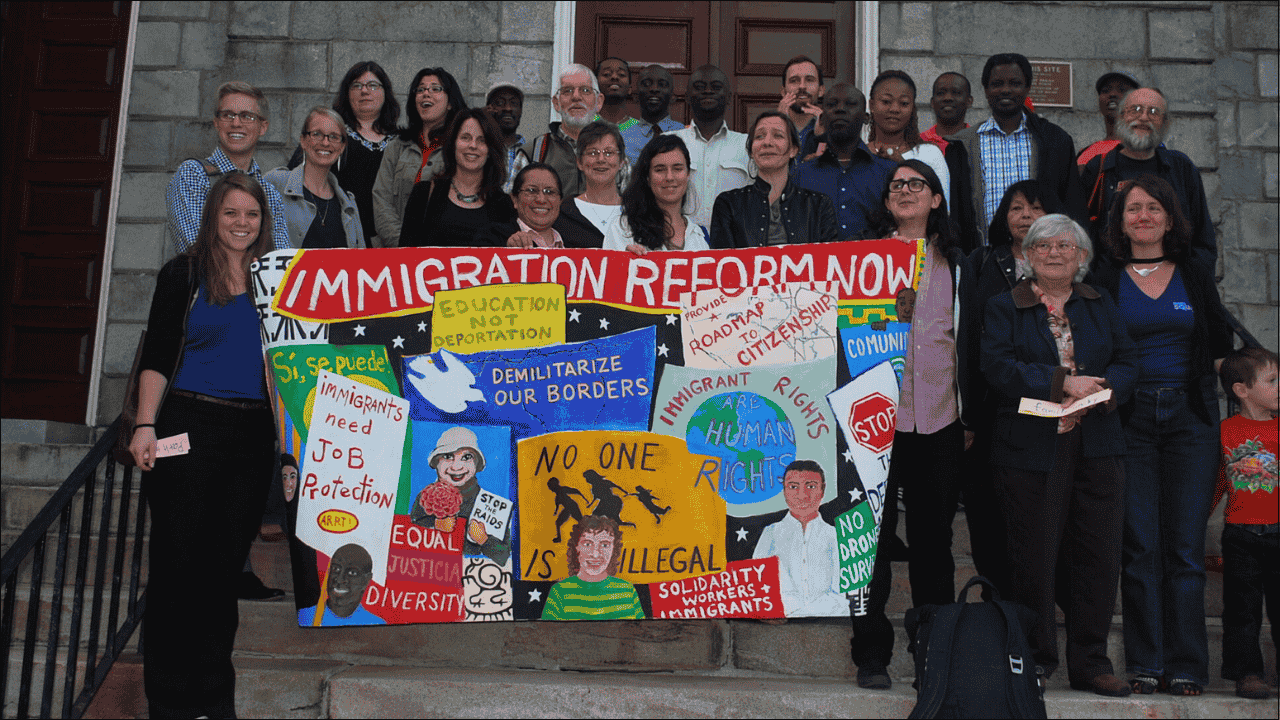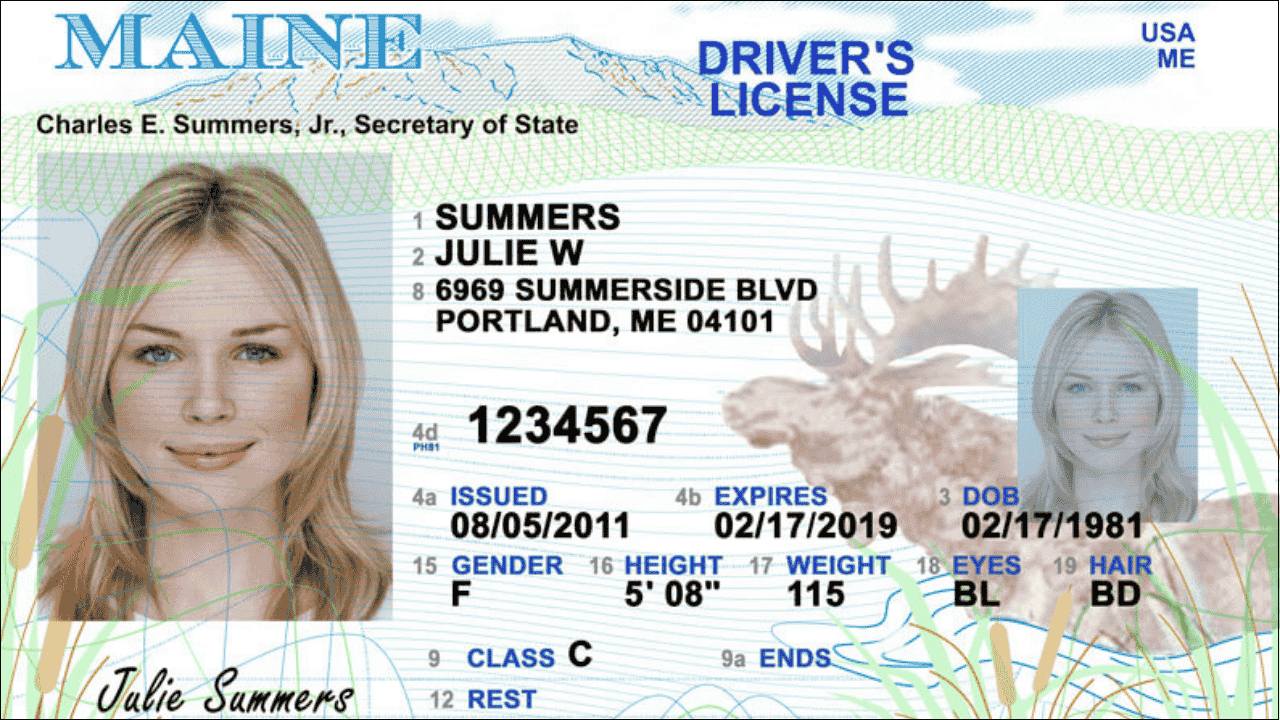
Domestic violence affects many women around the world, but immigrant women often face additional struggles. Language barriers, fear of deportation, lack of knowledge about their rights, and financial dependence can make it harder for them to seek help. Proper support and legal protections are important for ensuring the safety and well-being of immigrant women facing abuse.
Table of Contents
Challenges Faced by Immigrant Women
Barriers and struggles make escaping abuse harder.
- Language difficulties create problems in understanding legal rights or asking for help.
- Cultural pressure may prevent women from reporting violence or leaving abusive partners.
- Fear of deportation often stops women from seeking police help or going to court.
- Financial dependence on the abuser can trap women in unsafe homes.
- Isolation from family or community in the new country increases vulnerability.
- Lack of awareness about rights, shelters, or legal help adds to the danger.
Common Types of Domestic Abuse
Violence may be physical, emotional, or financial.
| Type of Abuse | Description |
|---|---|
| Physical abuse | Hitting, pushing, slapping, choking, or hurting with objects. |
| Emotional abuse | Insulting, threatening, isolating, or controlling behavior. |
| Sexual abuse | Forcing sexual acts or touching without consent. |
| Financial abuse | Controlling money, not allowing work, or stealing earnings. |
| Immigration-based abuse | Threatening to report immigration status or keeping documents. |
Important Legal Protections
Several laws protect immigrant women from domestic violence.
- Violence Against Women Act (VAWA) allows certain abused immigrant spouses of U.S. citizens or permanent residents to apply for legal status on their own without help from the abuser.
- U Visa gives temporary legal status to victims of certain crimes, including domestic violence, who help law enforcement in investigations.
- T Visa protects victims of human trafficking who cooperate with authorities.
- Asylum protection may be granted to women fleeing gender-based violence in their home country.
- Restraining orders or protective orders legally stop abusers from contacting or approaching the victim.
Steps to Take in Case of Abuse
Action and support can save lives.
- Call emergency services if in danger (911 in the U.S.).
- Go to a hospital or clinic for medical help and documentation of injuries.
- Contact shelters that offer temporary housing and safety.
- Speak to a legal aid organization or attorney experienced in immigration and domestic violence cases.
- Collect important documents like passports, IDs, and legal papers in a safe place.
- Create a safety plan with the help of support workers.
Trusted Domestic Violence Resources
Help is available from many sources.
| Organization | Services Offered |
|---|---|
| National Domestic Violence Hotline (U.S.) | 24/7 free and confidential help, interpreters available. Call 1-800-799-SAFE (7233). |
| Asian Pacific Institute on Gender-Based Violence | Culturally sensitive support for Asian and Pacific Islander survivors. |
| Casa de Esperanza | Spanish-language help and services for Latina immigrants. |
| Tahirih Justice Center | Free legal and social services for immigrant women and girls facing violence. |
| Women’s Law (womenslaw.org) | Legal information in English and Spanish about domestic violence and immigrant rights. |
| Legal Aid Organizations | Free or low-cost legal support for protection orders, immigration, and custody issues. |
Shelters and Safe Housing
Secure places support survivors during emergencies.
- Emergency shelters provide immediate housing for women and children escaping violence.
- Transitional housing offers longer-term options while survivors rebuild their lives.
- Confidential addresses and locations protect survivors from abusers.
- On-site counselors help with trauma, safety planning, and legal guidance.
Emotional and Mental Health Support
Healing requires care for the mind and body.
- Support groups for immigrant women offer shared experiences and strength.
- Counseling services help survivors deal with trauma, depression, and fear.
- Multilingual therapists and cultural sensitivity help break the language barrier.
- Community health centers often have mental health programs for survivors.
How Immigrant Women Can Self-Petition Under VAWA
Legal steps give power back to survivors.
| Step | Details |
|---|---|
| Gather evidence | Include police reports, medical records, photos, and witness statements. |
| File Form I-360 | Submit the VAWA petition to U.S. Citizenship and Immigration Services (USCIS). |
| Include a personal statement | Describe the abuse in detail, including emotional and physical harm. |
| Provide identity documents | Submit proof of marriage, identity, and immigration status. |
| Wait for decision | USCIS may take months to review the petition. If approved, apply for a green card. |
Key Rights of Immigrant Women
Every woman deserves safety and freedom.
- Right to live free from violence regardless of immigration status.
- Right to legal protection even if the abuser is a U.S. citizen or green card holder.
- Right to shelter, food, and safety without fear of deportation.
- Right to apply for legal status independently in cases of abuse.
- Right to seek help in any language with interpreters if needed.
Tips for Supporting Immigrant Survivors
Friends and community members can help.
- Listen without judgment and offer a safe space.
- Provide contact details of hotlines or legal organizations.
- Do not pressure the survivor to act quickly or leave if they’re not ready.
- Help with language if you speak the same language as the survivor.
- Encourage professional support from counselors, advocates, or attorneys.
Community-Based Initiatives for Safety
Local efforts can bring protection closer to home.
| Program Name | Focus Area |
|---|---|
| Language Access Programs | Help immigrant women understand legal rights in their native language. |
| Cultural Outreach Projects | Train leaders to recognize and stop abuse in immigrant communities. |
| Legal Clinics | Offer free immigration and domestic violence advice weekly or monthly. |
| Women’s Empowerment Workshops | Teach immigrant women about rights, self-defense, and financial literacy. |
Key Takeaways
Protection from domestic violence is a basic human right. Immigrant women deserve to live in safety and dignity, without fear or silence. Legal protections and strong community support play a major role in helping survivors find hope and freedom. Access to the right resources can empower women to take brave steps forward, regardless of their background or immigration status.





